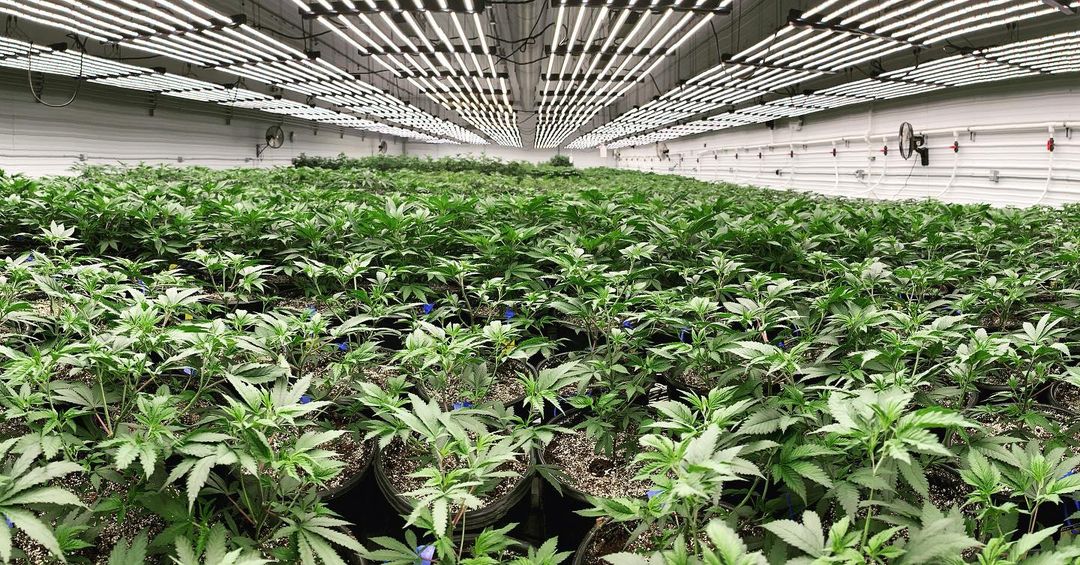![[Denver Post] Oklahoma is the new “Wild West of weed” — and Colorado marijuana entrepreneurs are helping fuel the green rush](https://therealdirt.com/wp-content/uploads/2021/08/TDP-L-Oklahoma-cannabis-RJS-31799.jpeg)
[Denver Post] Oklahoma is the new “Wild West of weed” — and Colorado marijuana entrepreneurs are helping fuel the green rush
Lax regulation and low barriers to entry have triggered cannabis’s explosive growth in Sooner State
OKEMAH, Okla. — Chip Baker surveyed a vast field on the outskirts of an old hay farm an hour east of Oklahoma City, his ponytail waving in the thick, humid air, his voice growing excited.
“This is probably the largest collection of Squirt in the world!” he boasted, pointing to an array of neatly plotted cannabis plants before him that will soon flower pounds of the popular strain.
Baker would know. From the time he planted his first marijuana plant at 13, he’s been all about growing weed. A dream formed in the Georgia fields took him to Humboldt County, California — the nation’s earliest pot epicenter — then Colorado, the country’s first recreational market.
But it’s here in rural Oklahoma, down a dusty dirt road along the banks of the North Canadian River, where true cannabis cowboys — including droves of Colorado entrepreneurs like Baker — are buying mammoth properties to grow mammoth numbers of plants, all in a quest for mammoth stacks of kush-derived cash.
It’s a place unlike virtually any other in America.
“Other states grow patches,” Baker said with a grin, taking in the 90-acre, 40,000-plant cannabis farm before him. “In Oklahoma, we grow fields.”
The Sooner State, as deeply red as the American political palette will go, has almost overnight become the hottest place in the country to grow marijuana. It’s an unprecedented look at what happens when the government stays largely out of the picture and lets the free market run wild.
And Colorado businesses are pumping their sizeable dollars and cannabis expertise into the state, hoping to cash in on what Baker and others in the industry call the next green rush.
“It’s the Wild West of weed,” he said, “in all its glory.”












